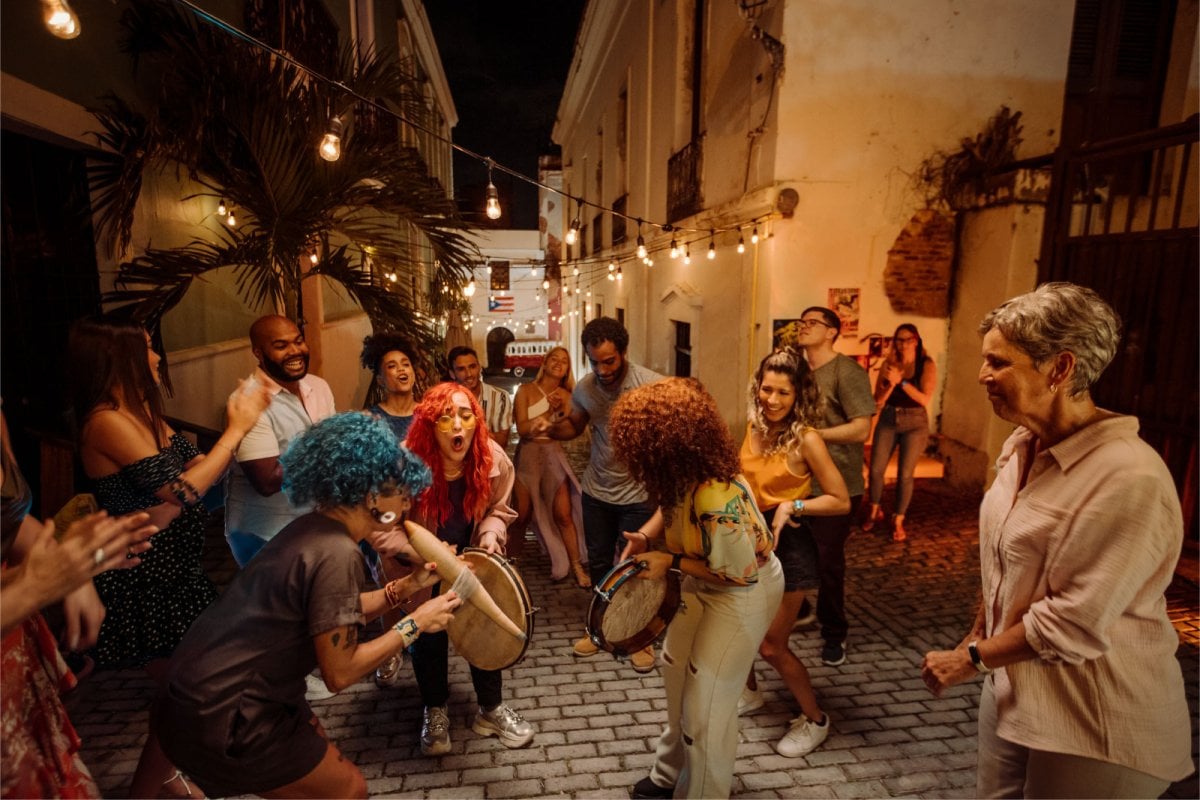
Puerto Rico, a vibrant island nestled in the heart of the Caribbean, boasts a history as colorful and diverse as its lush landscapes. From its indigenous Taíno roots to the Spanish conquest, American colonization, and modern struggles for autonomy, the history of Puerto Rico is a fascinating tale of resilience, culture, and identity. Historia de Puerto Rico
Pre-Colonial Era: The Taíno Legacy
Long before the arrival of European explorers, Puerto Rico was inhabited by the Taíno people, who called the island "Borikén" or "Borinquen," meaning "Land of the Valiant Lord." The Taínos were skilled agriculturalists, cultivating staples such as maize, cassava, and sweet potatoes. They also had a rich cultural heritage, with vibrant art, music, and religious beliefs centered around nature and ancestral spirits.
Spanish Conquest and Colonial Rule
In 1493, Christopher Columbus claimed Puerto Rico for Spain during his second voyage to the New World. Spanish colonization brought profound changes to the island, including the introduction of Christianity, the establishment of sugarcane plantations, and the forced labor of indigenous populations. The Spanish also built impressive forts and cities, such as Old San Juan, which still stand as testaments to Puerto Rico's colonial past. Libros Puerto Rico
Over the centuries, Puerto Rico became a strategic hub for Spain's imperial ambitions in the Americas. However, by the late 19th century, Puerto Rican nationalists began agitating for independence, leading to the island's involvement in the broader movements for Latin American sovereignty.
American Rule and the Quest for Identity
In 1898, following the Spanish-American War, Puerto Rico was ceded to the United States under the Treaty of Paris. American rule ushered in a new era of economic development and modernization, but it also brought political and cultural challenges. Despite being granted U.S. citizenship in 1917, Puerto Ricans were subject to colonial governance, with limited representation in Congress and no voting rights in presidential elections.
Throughout the 20th century, Puerto Rico experienced waves of migration to the mainland United States, driven by economic opportunities and political unrest. These migrations reshaped Puerto Rican communities in both the island and diaspora, influencing everything from language and cuisine to music and literature.
Struggles for Autonomy and Self-Determination
Despite its territorial status, Puerto Rico has maintained a strong sense of cultural identity and political activism. The mid-20th century saw the rise of various pro-independence, pro-statehood, and pro-commonwealth movements, each advocating for different visions of Puerto Rico's future. Artistas Puerto Rico
In 1952, Puerto Rico adopted its own constitution and became a self-governing commonwealth associated with the United States. However, debates over political status and economic development have persisted, reflecting deeper tensions over Puerto Rico's relationship with the mainland.
Modern Challenges and Resilience
In recent years, Puerto Rico has faced a series of challenges, including economic crises, natural disasters, and political controversies. The devastation caused by Hurricane Maria in 2017 highlighted the island's vulnerability and the need for greater federal support and investment in infrastructure and disaster relief. Cultura Puerto Rico
Despite these challenges, Puerto Ricans have demonstrated remarkable resilience and solidarity, drawing on their rich cultural heritage and collective strength to rebuild and reimagine their future. From grassroots activism to artistic expression, Puerto Rico continues to be a dynamic and resilient society, navigating the complexities of its history while forging a path towards greater autonomy and self-determination.
Conclusion
The history of Puerto Rico is a complex tapestry woven from the threads of indigenous heritage, colonial conquest, and struggles for autonomy. From the Taíno legacy to the present day, Puerto Ricans have confronted adversity with resilience and creativity, shaping a unique identity that transcends borders and challenges the forces of oppression and injustice. Historia de Puerto Rico
As Puerto Rico continues its journey towards greater self-determination, its history serves as a testament to the enduring spirit of a people united by their shared past and boundless potential for the future.
Comments on “The Power Within: Unveiling the Evolution of Lithium-ion Batteries”